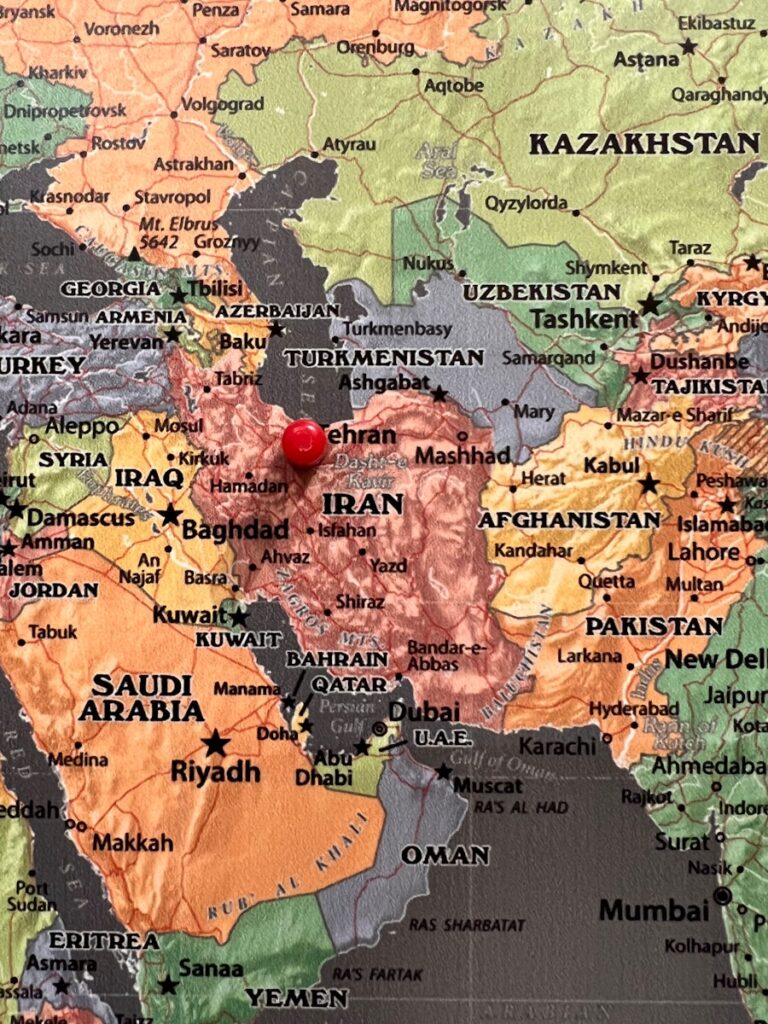
TORONTO — April 30, 2025 — The Ontario government, led by Premier Doug Ford, has been thrust into the spotlight for all the wrong reasons, clinching the 2024 Code of Silence Award for Outstanding Achievement in Government Secrecy. This dubious distinction, awarded by the Canadian Association of Journalists (CAJ) alongside its partners, highlights public institutions that obstruct access to information Canadians are entitled to know.
The Greenbelt Email Controversy Unveiled
The controversy, dubbed the Greenbelt Email Affair, erupted in late 2024 when The Globe and Mail exposed that a high-ranking Ontario government official used a personal email account for official communications tied to the Greenbelt land development deals. These emails, potentially involving discussions with developers and lobbyists, were not disclosed, raising alarms about transparency and compliance with Ontario’s Freedom of Information (FOI) regulations.
In her 2023 report, Ontario Auditor General Bonnie Lysyk had already criticized the use of personal accounts for government business, noting it not only skirts proper record-keeping but also erodes public trust. “When political staff use private channels to communicate with external parties, it suggests favoritism and undermines accountability,” Lysyk stated.
The official implicated in the scandal stepped down amid public outcry, but the incident has left lingering questions about the Ford government’s commitment to openness.
Why This Matters
The use of personal email accounts for public business is more than a procedural misstep—it’s a direct challenge to democratic accountability, according to Rachel Curran, a policy expert at the University of Ottawa. “Citizens have a right to understand how decisions affecting protected lands like the Greenbelt are made,” Curran said. “Hiding communications behind private accounts creates a black hole where transparency should be.”
The missing emails could hold critical insights into the Greenbelt land swaps, a contentious policy that has sparked protests and debates across Ontario for nearly two years. The government’s assertion that it lacks the means to retrieve these records has only fueled skepticism.
Saskatchewan’s Transparency Troubles
Ontario wasn’t alone in earning criticism. The 2024 Code of Silence jury also singled out Saskatchewan’s government, issuing a dishonourable mention to 13 ministries for withholding records in a machine-readable format. This refusal defied a directive from the province’s Information Commissioner and hindered The Toronto Star’s efforts to analyze public data for its Open Canada initiative. Saskatchewan officials maintained they had fulfilled their legal obligations and expressed no intent to reform access-to-information policies.
About the Code of Silence Awards
The Code of Silence Awards, organized annually by the CAJ, the Centre for Free Expression (CFE), and Canadian Journalists for Free Expression (CJFE), aim to expose government efforts to conceal public information. The awards cover four categories: federal, provincial, municipal, and law enforcement/publicly funded agencies.
Last year, Manitoba’s government was called out for delaying responses to FOI requests, a practice that stymied investigative journalism. The 2024 municipal award recipient will be revealed on May 14.


















